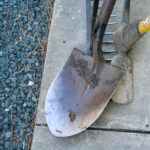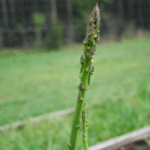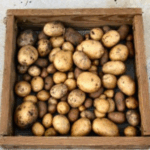Volunteer plants are one of nature’s most delightful surprises. They spring up unbidden, often in places we didn’t expect—cracks in sidewalks, corners of compost piles, or nestled beside a stone foundation, like the vibrant coleus seedlings growing near my deck shown in these pictures. These botanical freeloaders aren’t weeds; they’re plants that have reseeded themselves naturally, without any help from a gardener’s hand. And while some may see them as accidental, their unexpected arrival can bring both charm and utility to your outdoor space.
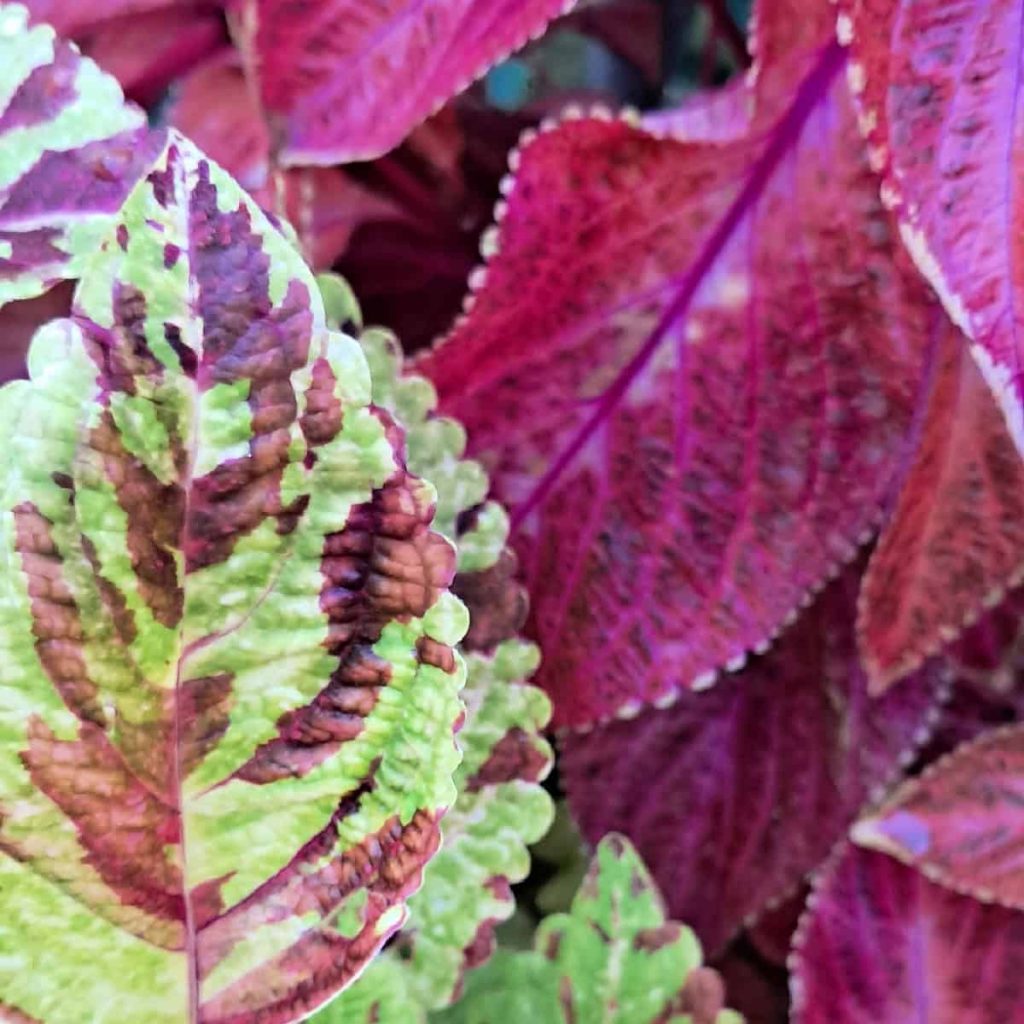
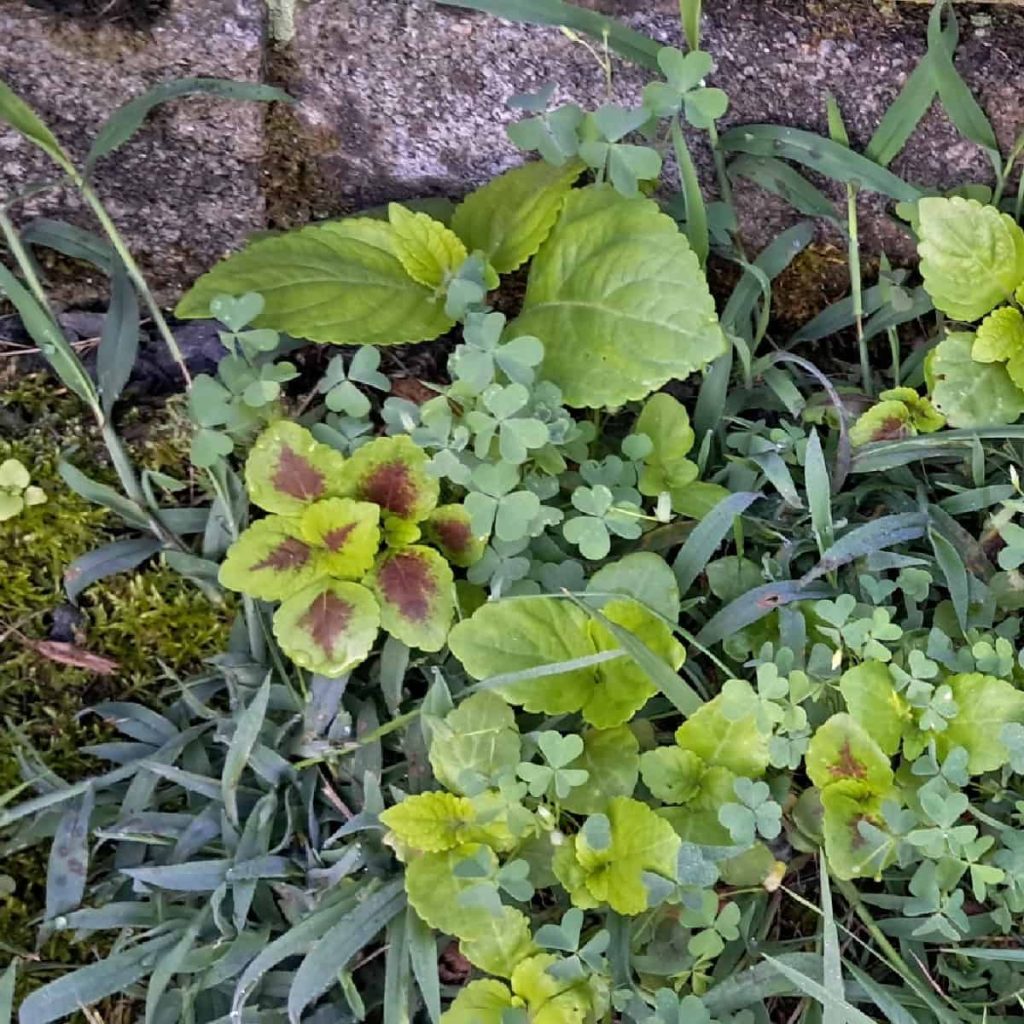
Coleus Volunteer Plants
Coleus, with its brilliant foliage and easygoing nature, is a particularly welcome guest. The seedlings popping up beside the stone foundation of my deck, likely dropped from mature plants the previous season. They’ve found a cozy nook and are thriving in the microclimate created by the deck’s shade and warmth. Not only do they brighten up the area, but they also demonstrate the power of healthy soil and favorable conditions. It’s a little ecosystem at work—no invitation required.
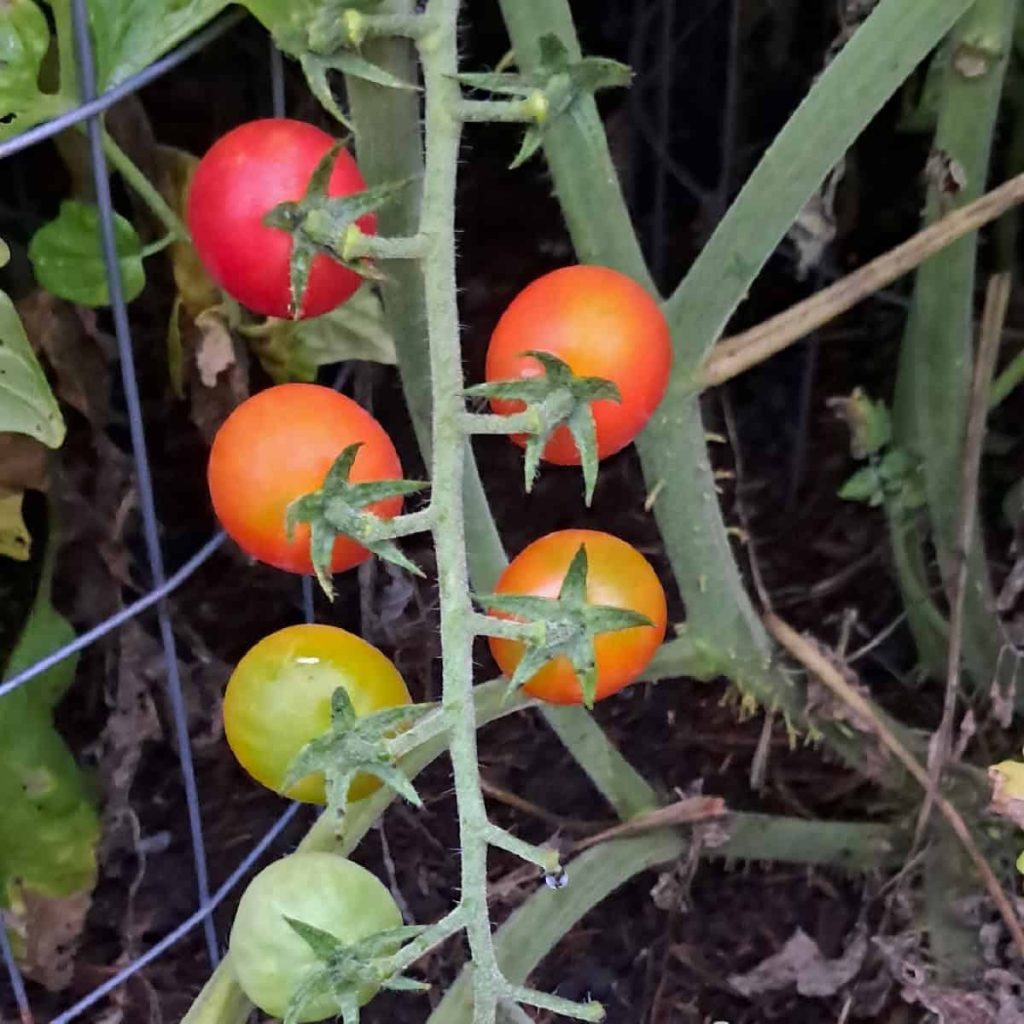
Volunteer Tomato Plants
Volunteer tomato plants always threaten to take over my raised bed garden. These plants emerge from seeds that overwintered in the soil or were left behind in compost. We’ve found over the years that cherry tomatoes and patio tomatoes, the kind grown for salads, typically yield the most volunteers. And yes, they do yield fruit – plenty of it!
It’s up to you whether you leave volunteer tomato plants in your garden. If you want extra plants, it’s fun to wait and see what they grow into. However, be careful about leaving them too close to the edge of the raised beds. My garden is a jungle this year, with tomato plants leaning over the grass pathways in the raised bed vegetable garden, making it difficult to mow and even maneuver around the plants.
Even my dog has trouble walking down some of those paths, and he usually barges right through!
Will Volunteer Tomato Plants Produce Fruit?
Yes, they do! And they produce tomatoes true to the original parent variety. It is impossible to tell which kind of tomato you have until it sets flowers and bears fruit, however. Tomato seedlings tend to all look alike. I’ve found that cherry tomatoes, such as the ones pictured here growing in my garden from volunteer tomato plants, are the most prolific self-seeders.
Enjoy the Volunteers!
These plants remind us that gardening is as much about spontaneity as it is about control. While they may not always fit into our planned landscape designs, their resilience and enthusiasm can teach us to loosen the reins, celebrate surprises, and let nature do its thing. So the next time you spot a seedling in a strange spot, pause before pulling—it might just be your garden’s next standout.

